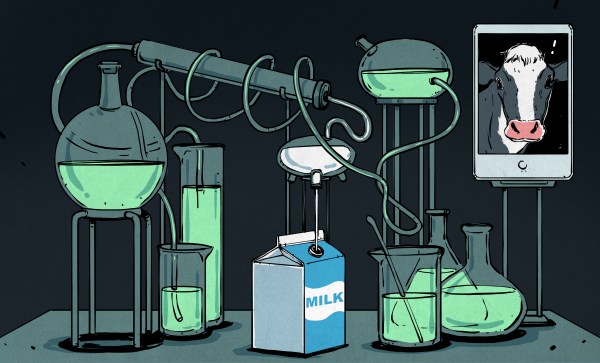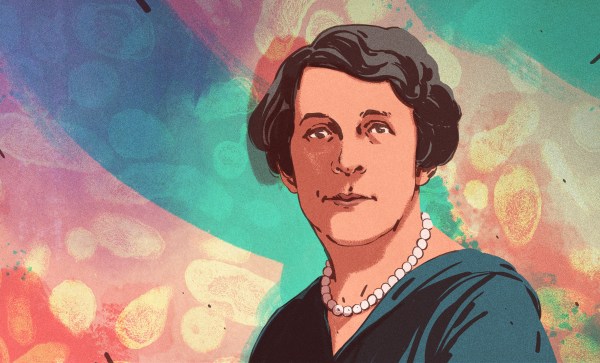Running a dairy farm used to be a rather hands-on experience, with the farmer required to be around every few hours to milk the cows, feed them, do all the veterinarian tasks that the farmer can do themselves, and so on. The introduction of milking machines in the early 20th century however began a trend of increased automation whereby a single farmer could handle a hundred cows by the end of the century instead of only a couple. In a recent article in IEEE Spectrum covers the continued progress here is covered, including cows milking themselves, on-demand style as shown in the top image.
The article focuses primarily on Dutch company Lely’s recent robots, which range from said self-milking robots to a manure cleaning robot that looks like an oversized Roomba. With how labor-intensive (and low-margin) a dairy farm is, any level of automation that can improve matters will be welcomed, with so far Lely’s robots receiving a mostly positive response. Since cows are pretty smart, they will happily guide themselves to a self-milking robot when they feel that their udders are full enough, which can save the farmer a few hours of work each day, as this robot handles every task, including the cleaning of the udders prior to milking and sanitizing itself prior to inviting the next cow into its loving embrace.
As for the other tasks, speaking as a genuine Dutch dairy farm girl who was born & raised around cattle (and sheep), the idea of e.g. mucking out stables being taken over by robots is something that raises a lot more skepticism. After all, a farmer’s children have to earn their pocket money somehow, which includes mucking, herding, farm maintenance and so on. Unless those robots get really cheap and low maintenance, the idea of fully automated dairy farms may still be a long while off, but reducing the workload and making cows happier are definitely lofty goals.
Top image: The milking robot that can automatically milk a cow without human assistance. (Credit: Lely)













